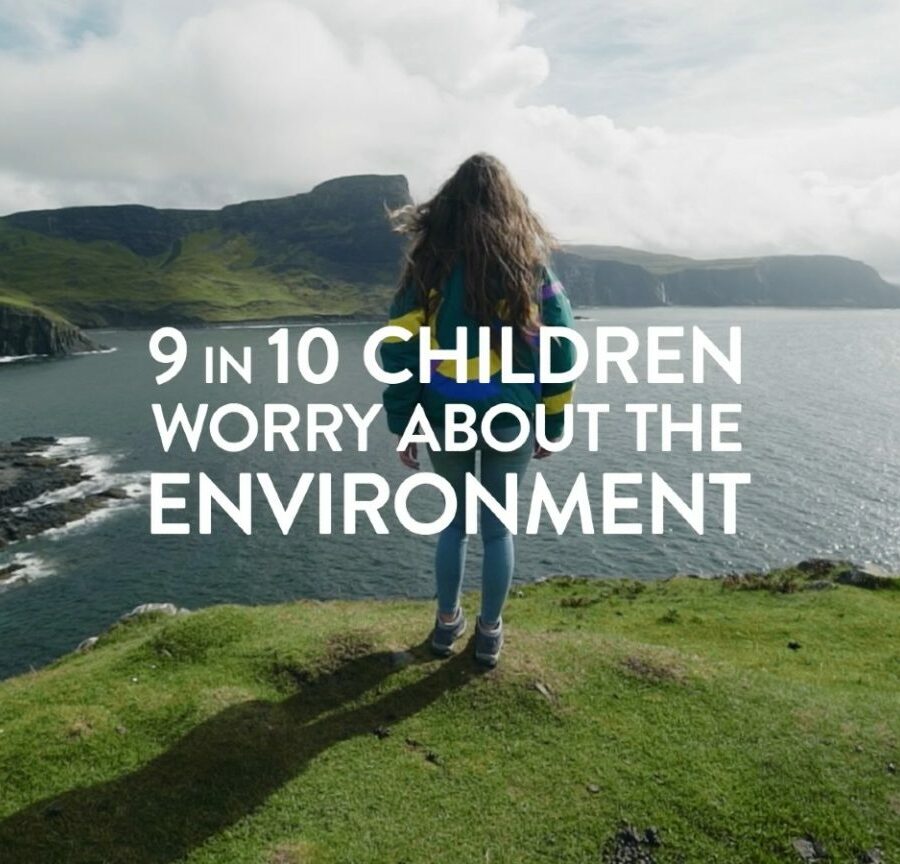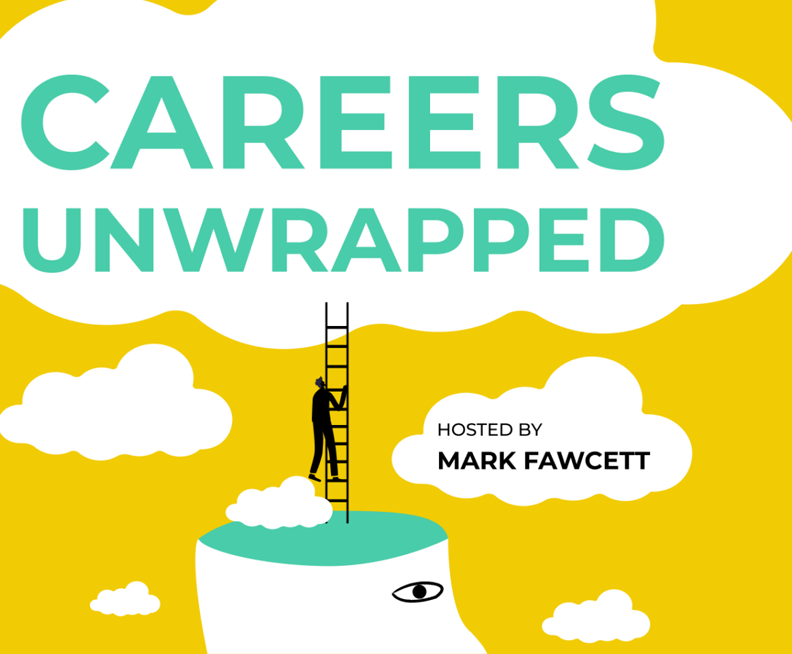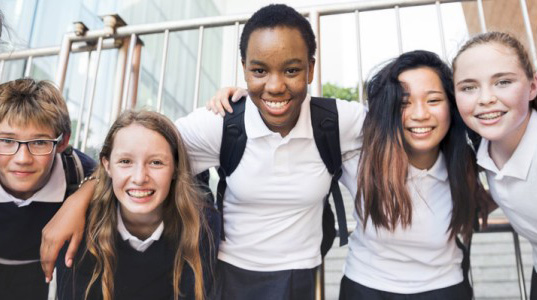The future of your business depends on how well you understand young people.

The Importance of Sport for Young People
14 May 2021
According to the NHS, children and young people aged 5-18 should aim for an average of 60 mins of physical activity a day.[1] This can take the form of team sports, running, dancing, skipping … the list is endless!
Even before the pandemic, less than half of children were getting this. Between Covid, lockdowns, and school closures this has dropped dramatically further to just 1 in every 5 young people receiving enough exercise.[2] 1 in 10 secondary school pupils have been doing no exercise at all. It is unacceptable that we stand back and allow this to continue.
Most extra-curricular school sports clubs have remained closed since the first lockdown in 2020. Indeed, our research in early 2021 showed that 75% had not reopened, (79% of primary schools and 68% of secondary schools). 67% of teachers reported that young people’s mental health has been affected by the continued closure of these extra-curricular school clubs, and 65% said that young people were experiencing a lack of exercise. Sport sessions at school are one of the easiest ways for children to stay fit, and this is in many cases no longer an option.
Regular exercise is critical for physical development, for health, and for wellbeing. It can reduce the risk of major illnesses – such as heart disease, diabetes, and cancer- by up to 50% and lower the risk of early death by 30%.[3] It can boost self-esteem, help with concentration and sleep, and aid in socialising, making friends, and building confidence. Moreover, it gives young people a break from screens, whose use unavoidably increased with virtual schooling, and allows them to connect with the outside world in which they live. And this is all at a time when 9 in 10 school leaders are reporting increases in student’s anxiety and stress[4].
Our research found that 62% of teachers reported that physical education had been the most adversely affected subject by Covid, and it is this that will need the most support going forward. Young people will remember the brands and companies that support them in reconnecting with this.
So, what is the business opportunity here? It is quite simple. We need to support young people to meet the minimum recommendation of physical movement – to help them improve their physical and mental health. As a company, helping young people find their niche, whatever it is, will help to drive their passion and hopefully allow them to form a positive view of exercise that can travel with them throughout their lives.
Running sports programmes over the school holidays as part of your CSR outreach will help to keep children active even when out of school. One way to do this is by creating links with your community grassroot sports clubs, or even starting your own one, and allowing young people to have a safe place to exercise and build their confidence. Staff could volunteer to get involved, and it is an excellent way to get to know the society in which you work.
Another way that you can help is by getting your own employees and colleagues excited about exercise. This could take the form of anything from encouraging cycling to work (providing helmets for bike rentals, or providing adequate bike storage spaces), to hosting after-work gym sessions, or encouraging people to take a five minute break in the form of a brief walk to give their mind a pause, and so much more. At We are Futures we regularly organise group exercise events and have a running club that meet weekly before Covid, and intends to start up again when it is allowed. Through the trickle-down effect, this will help to reinstate the importance of exercising in the community. Exercising should be something social and fun, a thing to look forward to instead of dread.
In April we worked with Virgin Media and Southampton Football Club to help spark a fresh engagement between young people and sport. Together they produced football-focused lesson plans and video tutorials. They also hosted a hugely successful live session on the 28th April (available to view here) which had over 1000 live viewers. It was a great way to connect schools and teachers with sport, showing how fun exercise could be, and bringing everyone together.
We have previously worked with Public Health England on Change4Life – their flagship obesity preventor programme- as they aimed to motivate primary students’ attitudes towards healthy eating and physical activity. We developed a robust 3-year strategy to support schools and teachers, undertaking teacher focus groups and a resource audit to ensure Change4Life messages were effective, engaging, and motivated children to make lasting changes to reduce obesity.
There are so many opportunities to help in this area, and the sooner you start acting, the sooner you can start to make a different. For more information on how we can help you to integrate a programme into your CSR strategy, email us at matilda.fawcett@wearefutures.com.
[1] https://www.nhs.uk/live-well/exercise/physical-activity-guidelines-children-and-young-people/
[2]https://www.local.gov.uk/sites/default/files/documents/15%204%20Working%20with%20schools%20to%20improve%20the%20health%20of%20school-aged%20children_%20%20%20.pdf
[3] https://www.nhs.uk/live-well/exercise/exercise-health-benefits/
[4] https://youngminds.org.uk/media/1428/wise-up-prioritising-wellbeing-in-schools.pdf
View other news & views

Scottish Water launches Generation H2O by We Are Futures
Read more
We Are Futures podcast-led initiative Careers Unwrapped helps brands develop talent in schools
Read more
It’s back to school time for brands: three lessons every client looking to engage with young people should learn.
Read more
Linkedin, Nintendo and Sky are Gen Z’s top employers
Read more
Nintendo and Spotify named as Gen Z’s favourite brands
Read more